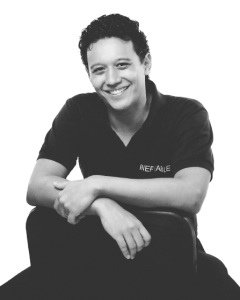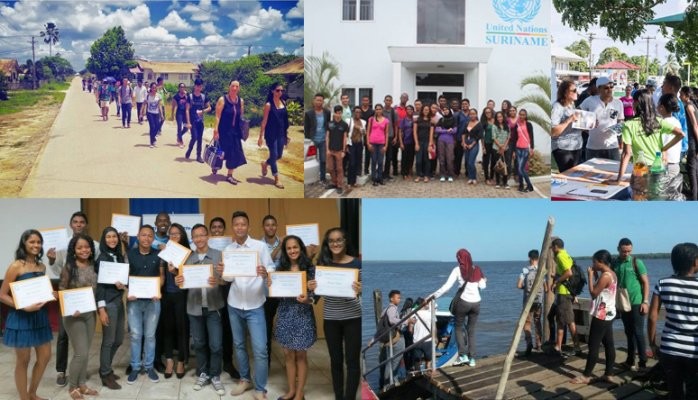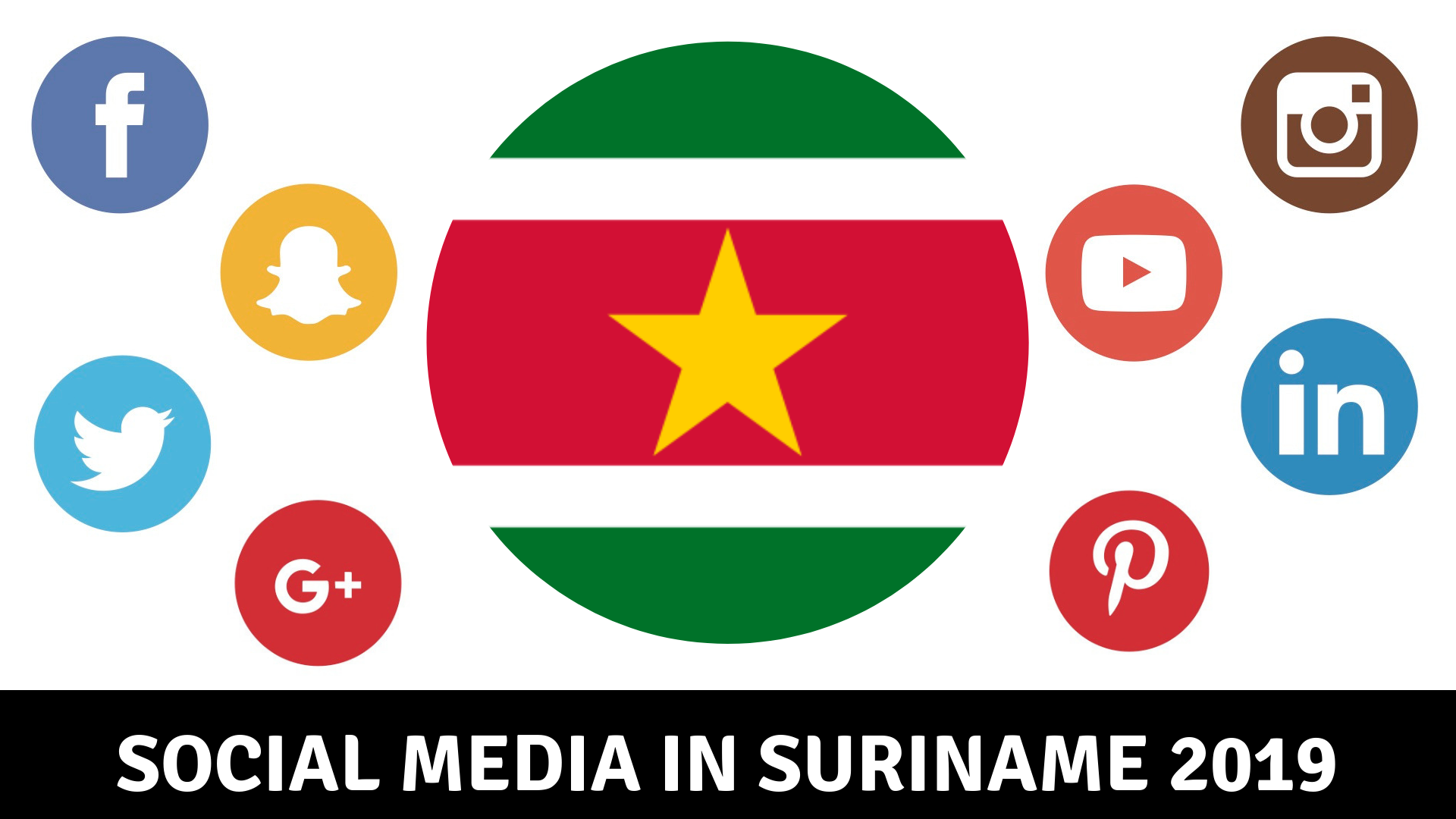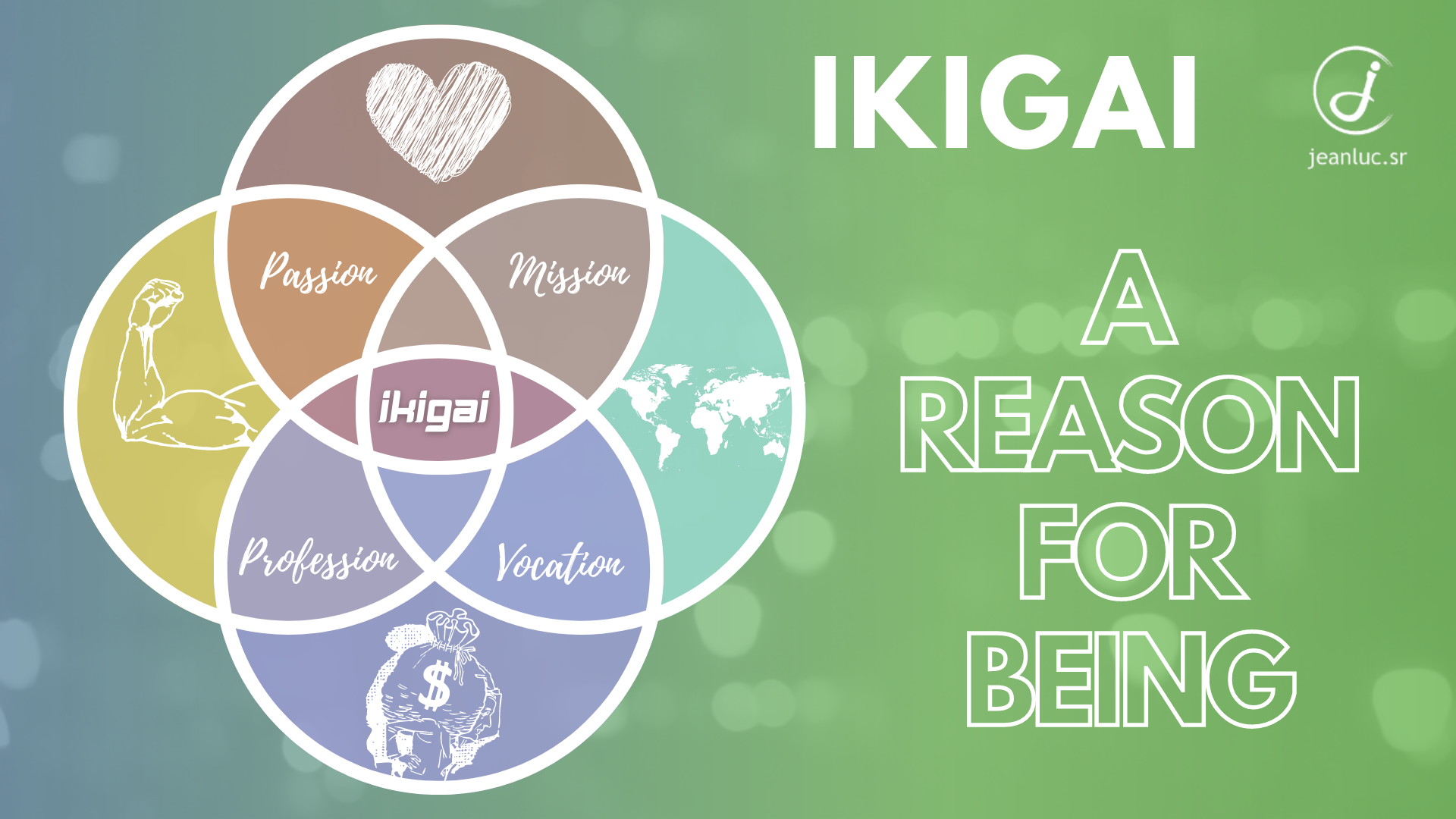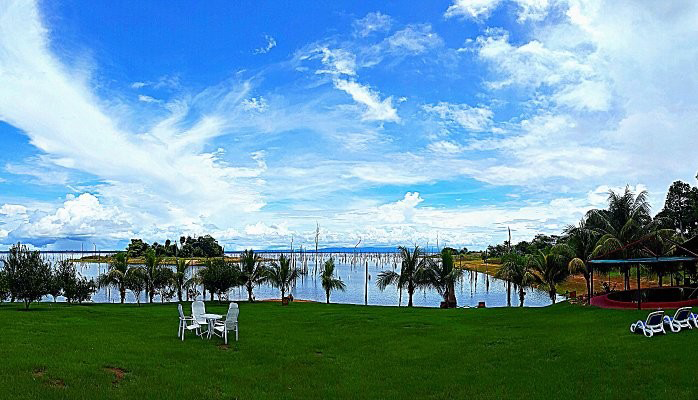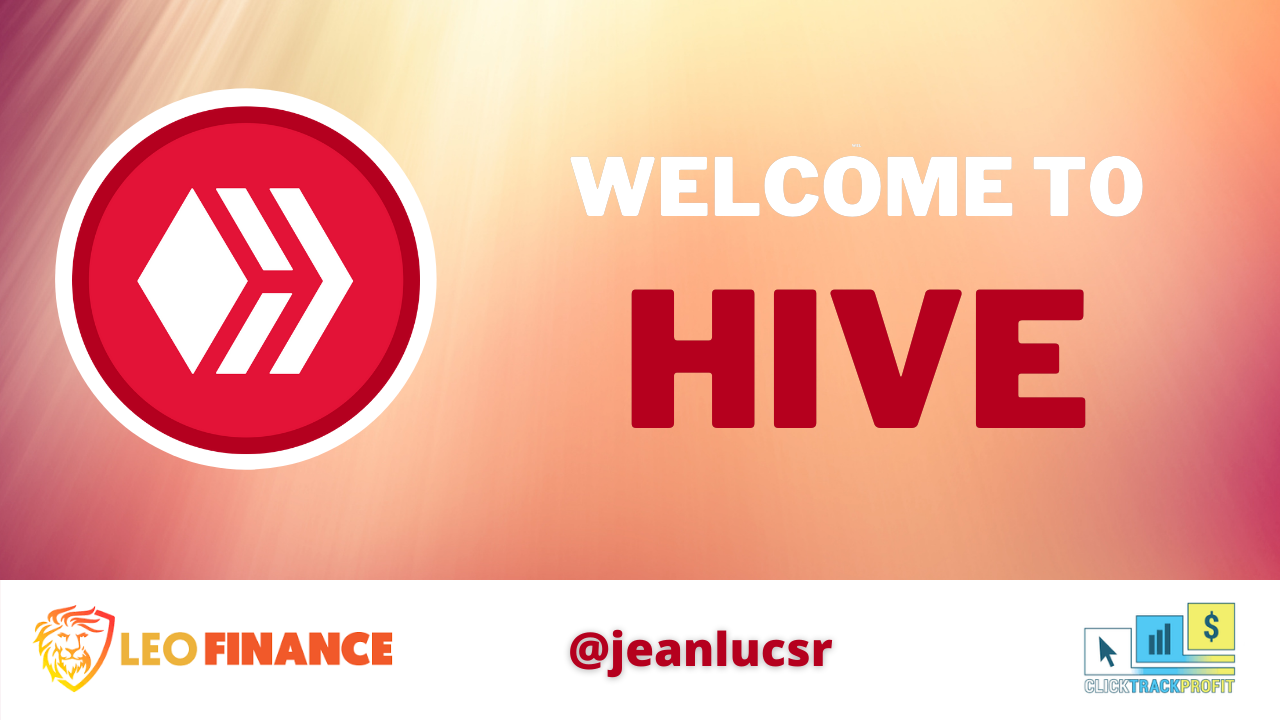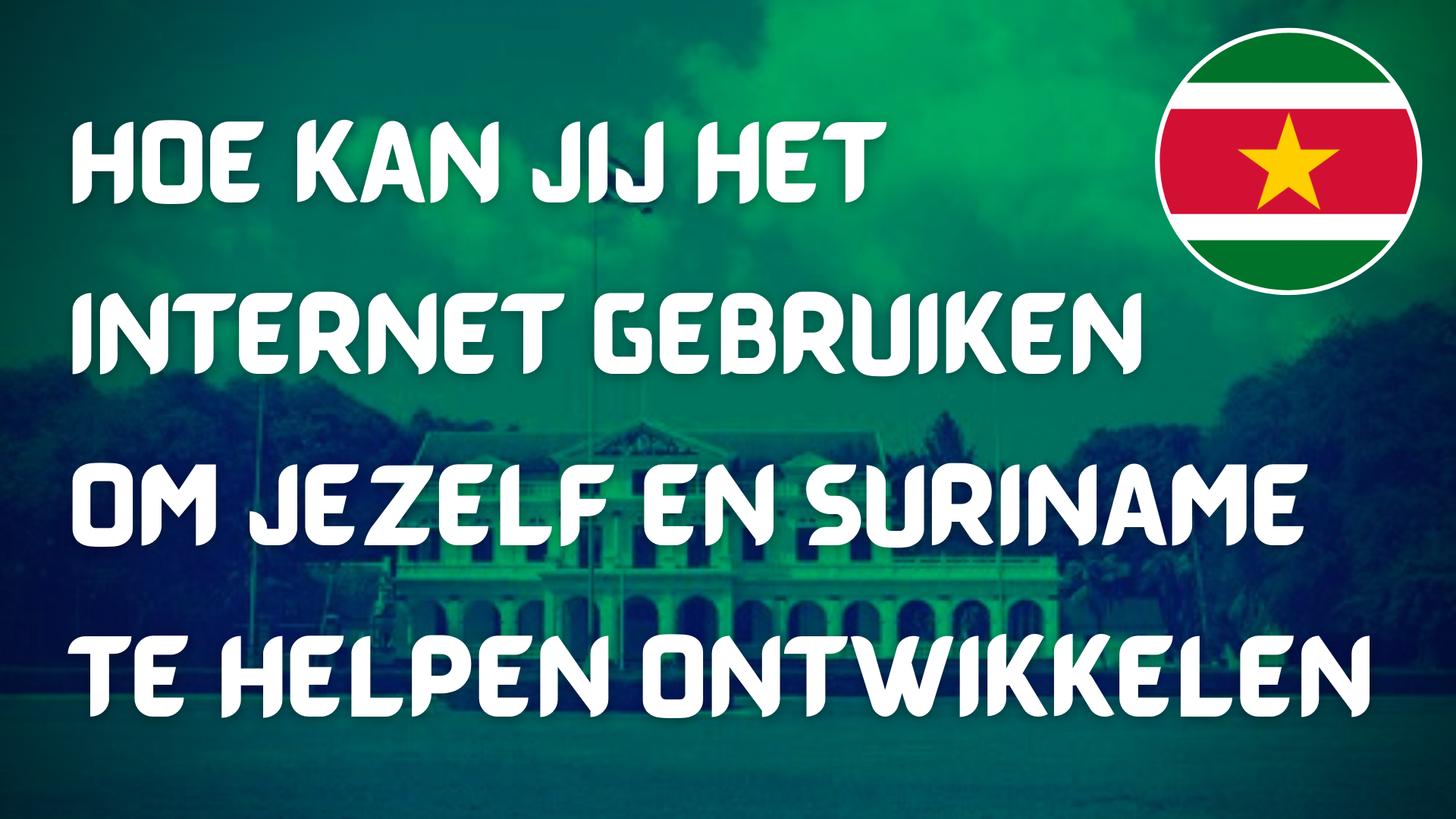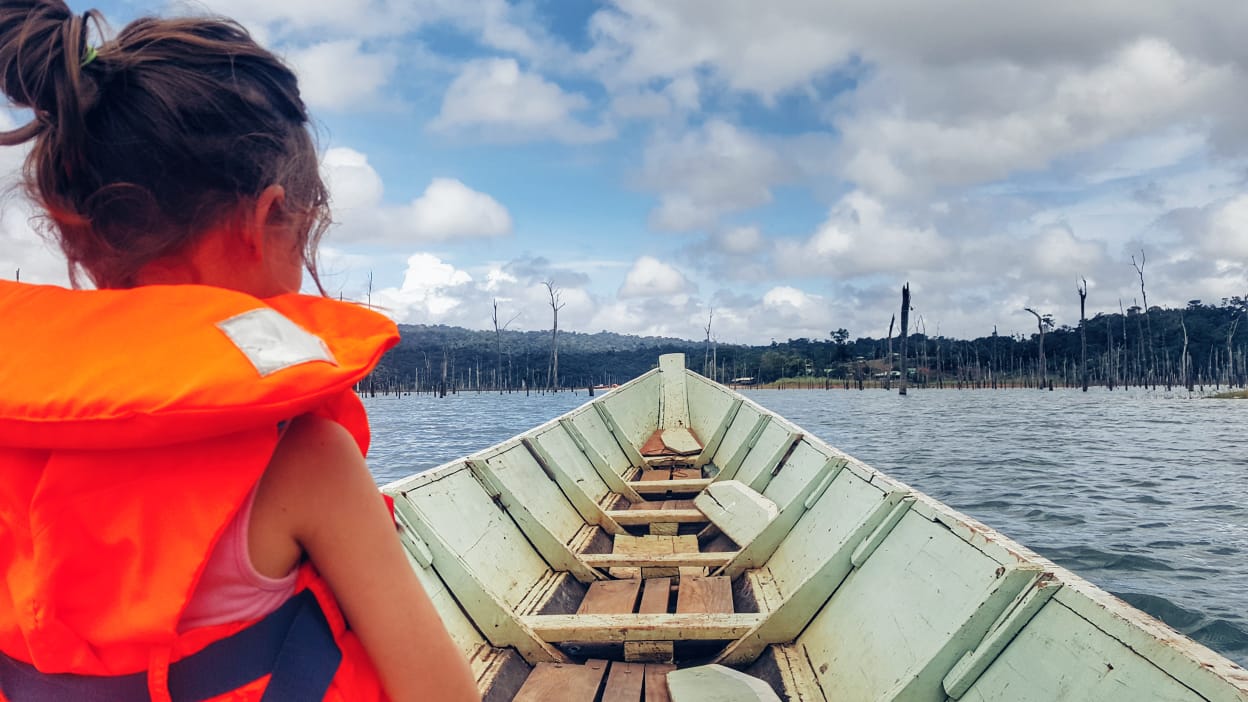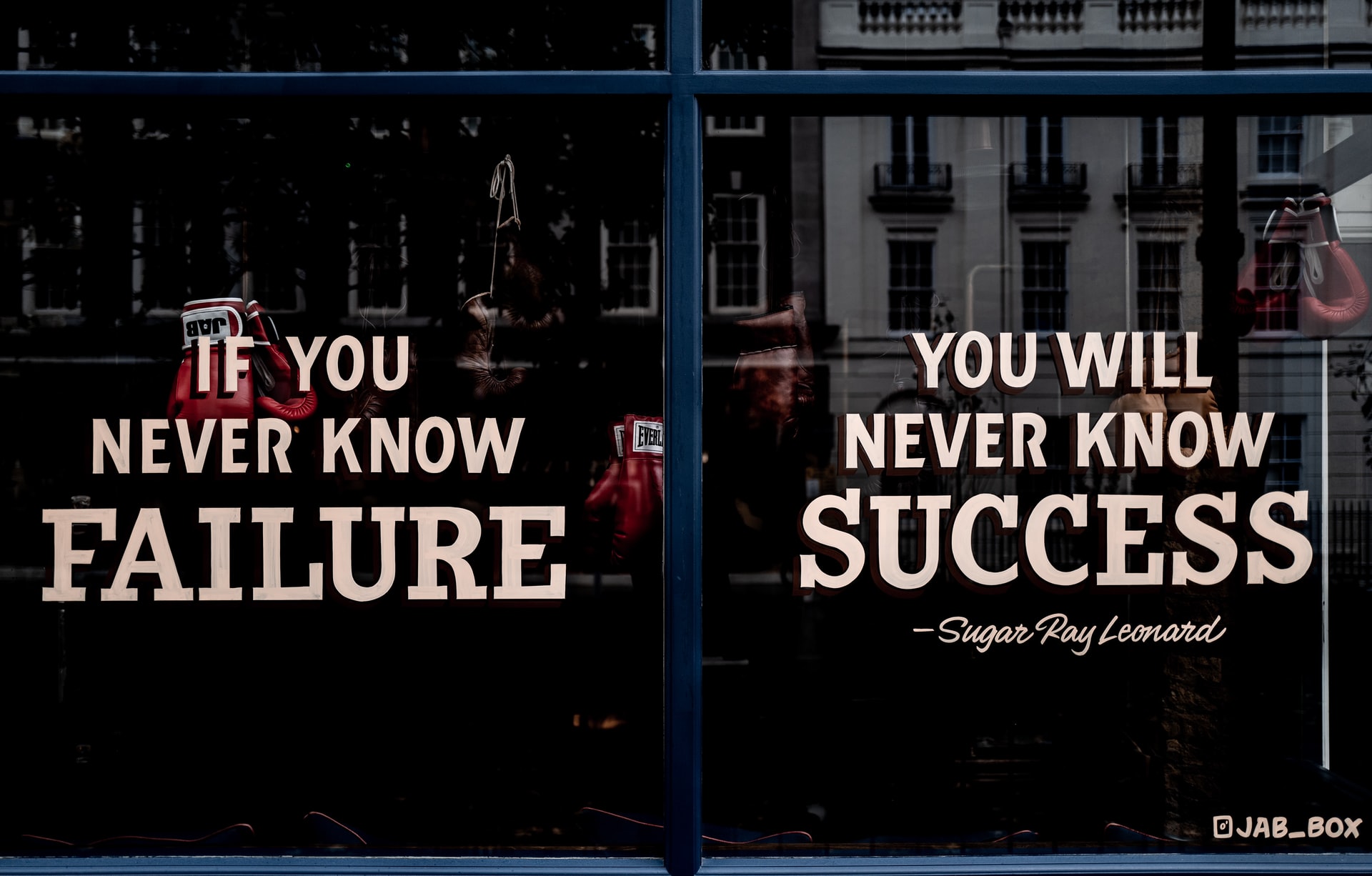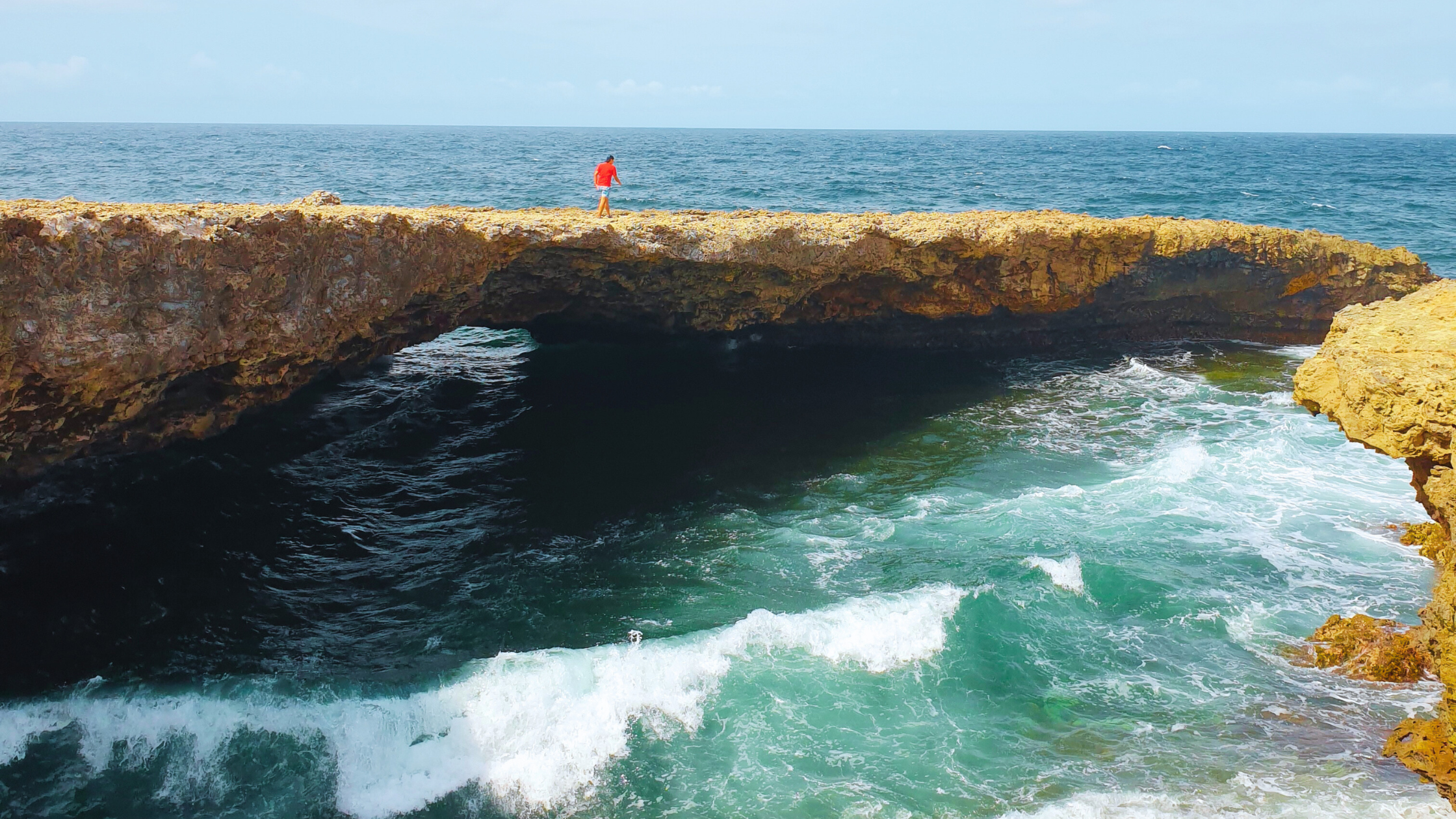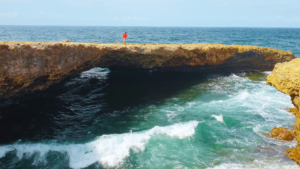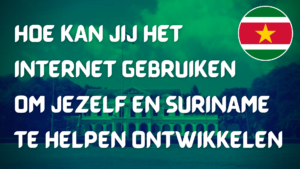Additional education
In Outliers, Malcolm Gladwell makes the connection between ‘concerted cultivation’ and personal development of children. It often are these people skills and the practical intelligence that give a competitive edge or provides opportunity later in life. While research shows that growth of youngsters during the school year can remain similar, the biggest changes were noted between ‘upper and middle’ class and ‘lower’ class upbringings during vacation periods. Adjacent to this development is the notion of centre versus periphery, where bigger and more developed cities and countries provide more and clearer opportunities for growth than smaller communities. To provide equal opportunity, the need for additional education becomes bigger than ever, to avoid the continuously growing gap between ‘poor and rich’ and ‘developed and developing’ countries
Developing modern skills
Due to the digital revolution, the focus on skills which are people based are getting a lot more attention then in the past. ‘People Management’, ‘Coordinating with Others’ and ‘Emotional Intelligence’ are all listed by the World Economic Forum among the top 10 skills needed in 2020. Also, starting to develop ‘complex problem solving, critical thinking and creativity’ will help as it is stated they will play vital roles in society for the next decennium. Fact is that formal education has not yet found a way to implement these skills in its curriculum and definitely not on a global scale.
Lack of Leadership/Entrepreneurship
For the past years, the World Economic Forum has shed extra light on the lack of values in Leadership, where leaders (both locally and globally) often care only for their own interest and aren’t driven by something that moves us forward or brings us together. When diving a bit deeper, the significance in lack of leadership seems to be the biggest in Latin America and in the age group of 18-29.
This problem becomes bigger when nobody can feel secure in a country that is struggling. Being located in Latin America, Suriname also deals with an entrepreneurial challenge. While efforts and promises to develop entrepreneurship where and are being, Suriname still falls outside of the top 150 countries for entrepreneurship worldwide, according to the World Bank’s ‘Doing Business 2016’ report.
Consequently, according to the Global Entrepreneurship Monitor (GEM), Suriname has the lowest Entrepreneurial Intent of Latin America and the Caribbean. GEM relates the lack of an entrepreneurial climate to the National Culture, that puts little emphasis on the importance of assertiveness, self-sufficiency, autonomy and personal initiative. Research also identifies a mismatch between the educational system and the profile of entrepreneurs in Suriname.

Future Leaders and Entrepreneurs
Solving a deficit of this magnitude is never easy and can’t be fixed with a single approach. Together with the Global Shapers Paramaribo I started the Future Leaders and Entrepreneurs programme as a pilot in 2014. The goal was to provide a program in the form of additional education which provides a bridge between the periphery and center, focusing on soft skills, self reflection and effort, providing young Surinamese talent a platform to inspire young leadership and entrepreneurship and give them access to opportunities that would otherwise be out of reach. Secondly, participants of the program are motivated to inspire other youngsters with similar ambitions and share the knowledge they have gained through the program.
This program therefore is also built as a sort of ‘concerted cultivation’, and in 2015 it was extended to a full 10-program, which allowed 20 selected participants an inspirational journey consisting of:
– Leadership and Entrepreneurship workshops, assignments and sessions by local trainers, coaches and entrepreneurs
– Company visits to different organisations in multiple sectors, providing insights on career development and employment opportunities
– Motivational talks by entrepreneurs, professionals and life coaches
– Health sessions with sport coaches and healthcare professionals
– Sessions with professionals athletes focusing on their sport, international standards and resilience
– Visits to international organisations, focusing on global (environmental) issues and sustainable development.
The program had a 100% completion rate, with over 75% of the participant still networking and working together and over 25% of the participants starting their own business. Three alumni are also involved in providing perks from their business for the crowdfunding campaign for this years program.
In september 2016, we hope to be able to provide this program again. As the program is free for participants, funding for the curriculum, coaching fees, logistics, transport, food and drinks is needed. Through crowdfunding platform ApuraNetworks, we have set up our campaign for donations to fund this program. If you are interested in showing your support, feel free to do so by following the link below:
https://apura.org/project/170/future_leaders_and_entrepreneurs_suriname_2016
Want to contribute to the development of future leaders and entrepreneurs, feel free to contact me as well.
Sources:
- https://www.amazon.com/Outliers-Story-Success-Malcolm-Gladwell/dp/0316017930
- https://www.weforum.org/agenda/2016/01/the-10-skills-you-need-to-thrive-in-the-fourth-industrial-revolution/
- http://reports.weforum.org/outlook-14/top-ten-trends-category-page/7-a-lack-of-values-in-leadership/
- http://www.doingbusiness.org/~/media/GIAWB/Doing%20Business/Documents/Annual-Reports/English/DB16-Full-Report.pdf
- http://www.gemconsortium.org/country-profile/112

